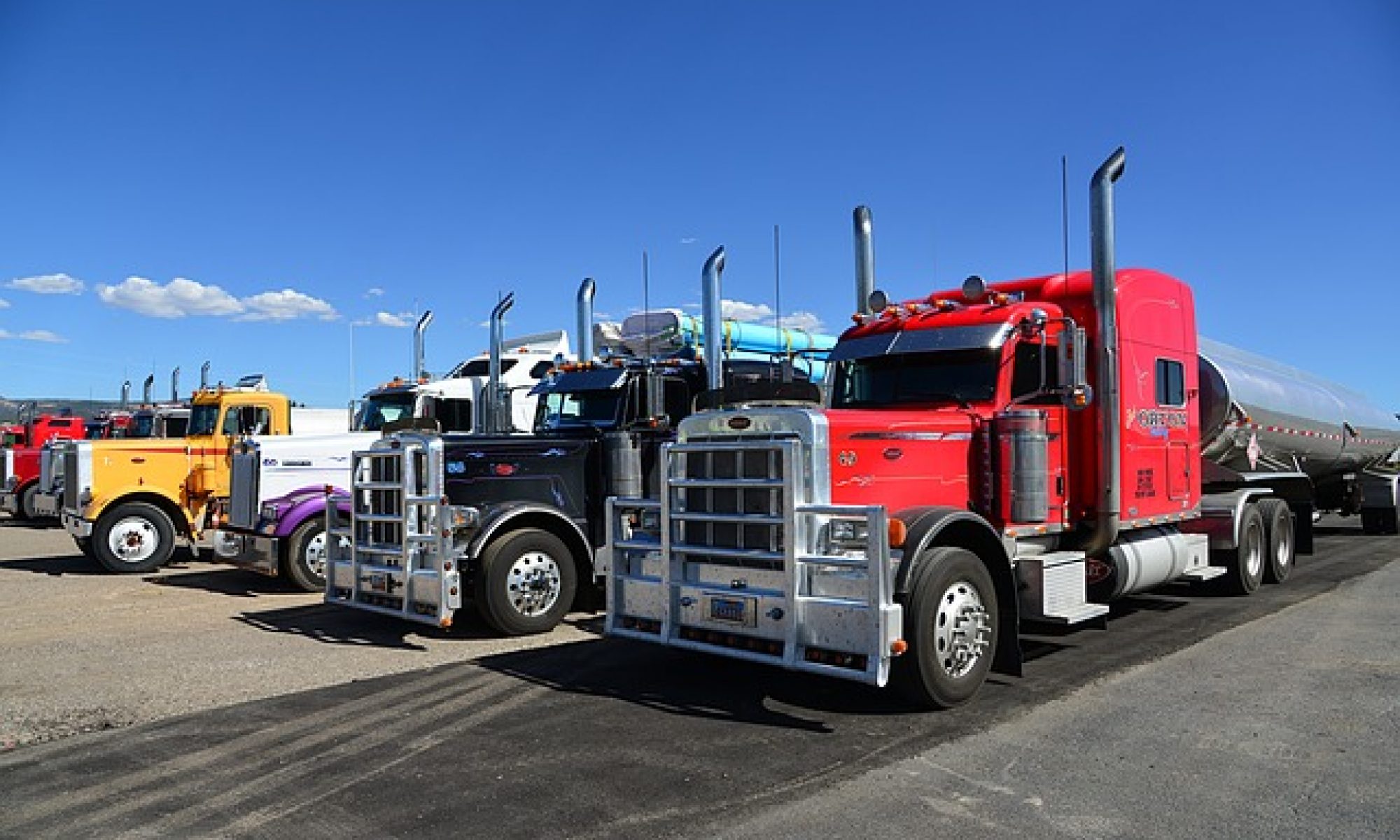NYC’s Inspection Industry Consolidation Creates New Opportunities Amid 2025’s Stricter Certification Requirements
New York City’s inspection industry is experiencing unprecedented changes as 2025 brings new certification requirements and registration deadlines, with Special Inspection Agencies must be registered with the Department of Buildings across three distinct classes. These evolving standards are driving consolidation within the industry while creating opportunities for established firms to demonstrate their expertise and reliability.
The Regulatory Landscape Driving Change
The foundation of this transformation lies in NYC’s requirement that all special inspectors performing special inspections must be qualified, and all agencies performing special inspections must be registered with the Department. The city has established three special inspection classes: Class 1, Class 2 and Class 3, with each class defined based on the scope of work the Special Inspection Agency will perform under 1 RCNY §101-06.
These regulations extend beyond basic registration. Special Inspection Agencies must obtain insurance to perform special inspections, with registered architects and professional engineers requiring $500,000 in professional liability insurance and at least $1,000,000 per occurrence general liability insurance. Additionally, agencies must have one full-time primary director and can have up to four alternative full-time directors, with directors prohibited from being employees of any other agency that provides special inspection or testing services.
Market Consolidation Trends
The inspection industry nationwide is witnessing significant consolidation. The global Testing, Inspection, And Certification Market is expected to reach USD 263.40 billion in 2025 and grow at a CAGR of 4.68% to reach USD 331.08 billion by 2030. Strategic consolidation combined with AI-enabled inspection technologies is allowing market leaders to widen service scope and improve efficiency, with private-equity interest remaining robust as companies stitch together platforms of specialist providers.
This consolidation is driven by several factors. Escalating regulatory scrutiny, rising product-safety expectations, and digital transformation are strengthening demand for independent assurance services, while mandatory ESG and carbon-footprint verification requirements and tighter cybersecurity rules are compelling firms to rely on accredited third parties.
Professional Standards and Certification Requirements
The 2025 certification landscape demands higher professional standards than ever before. All Special Inspection Agencies must ensure that the special inspectors employed by the agency meet the qualification requirements set forth in Appendix A of 1 RCNY §101-06. The International Accreditation Service (IAS) offers specialized training for those performing special inspections in New York City, providing an overview of NYC Department of Buildings requirements for accreditation of special inspection agencies.
The complexity of modern inspection requirements has created a need for agencies with comprehensive expertise. DOB NOW: Inspections provides online scheduling for virtually all inspections while standardizing inspectors’ electronic checklists and allowing industry members to certify certain objections electronically, requiring agencies to adapt to new technological platforms.
What This Means for Property Owners and Developers
For consumers seeking inspection services, these changes create both challenges and opportunities. Special inspections involve inspection of selected materials, equipment, installation, fabrication, erection or placement of components and connections, performed by Special Inspectors on behalf of registered Special Inspection Agencies. The consolidation means fewer but more qualified providers, potentially leading to higher service quality but also increased competition for scheduling.
Property owners should understand that a class 2 or class 3 Special Inspection Agency cannot perform inspections for work requiring a class 1 agency, with Class 3 agencies limited to inspection involving construction, demolition, or alteration of one-, two-, or three-family dwellings or inspections of less than 10,000 square feet. This classification system ensures that complex projects receive appropriately qualified oversight.
Leading the Way: Broadway Inspections’ Approach
Broadway Inspections offers Special Inspections & Tenant Protection Plans in NYC as a New York City based company, specializing in providing top-notch special inspections and tenant protection plan inspections for all types of construction projects. With over 17 years of experience in the industry, the team conducts special inspections and regular site visits per NYC regulations to ensure code compliance, with inspections meeting the highest standards of accuracy and compliance.
This experienced Inspection Company exemplifies how established firms are navigating the changing landscape. Broadway Inspections is a locally owned and operated special inspection agency proudly serving New York City, specializing in special inspections and tenant protection plan inspections for construction projects, ensuring compliance with NYC DOB Codes and safety regulations.
The Future of NYC Inspections
As the industry continues to evolve, emerging startups focus on AI-first visual-inspection software and automated reporting engines, though barriers such as accreditation costs and reputational track record continue to shield incumbents, resulting in a landscape that mixes scale-driven giants, regionally entrenched mid-caps, and agile digital entrants.
The consolidation and enhanced certification requirements of 2025 represent a maturation of NYC’s inspection industry. While these changes may create short-term adjustments, they ultimately benefit consumers by ensuring that only the most qualified and properly equipped agencies provide critical safety inspections. Property owners and developers should partner with established, certified agencies that demonstrate both technical expertise and deep knowledge of NYC’s unique regulatory environment.
For those navigating construction projects in 2025, understanding these industry changes is crucial for project success. The new certification requirements aren’t just regulatory hurdles—they represent a commitment to higher safety standards and professional excellence that protects both property investments and public safety in America’s most demanding construction market.

